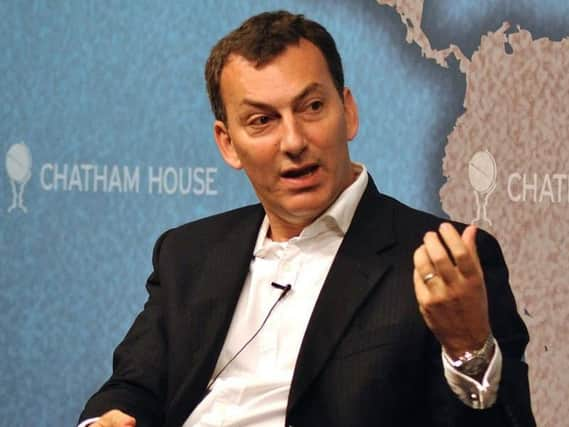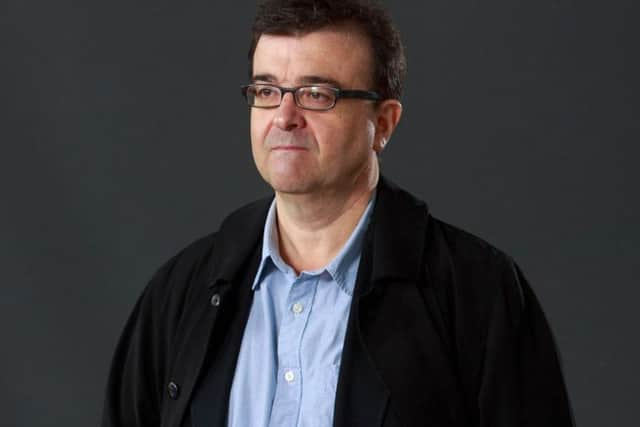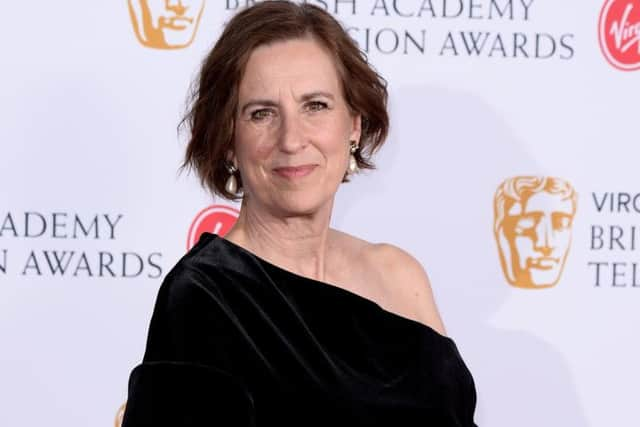Edinburgh Book Festival 2019: Mark Urban, Javier Cercas & Kirsty Wark


But sometimes truth is stranger than fiction, Ruth Wishart said, introducing BBC diplomatic editor Mark Urban, who was at the Book Festival to talk about his book The Skripal Files: Putin, Poison and the New Spy War. The book has been rewritten and updated for the paperback edition to include the latest developments in the case. It also delves into the background of the story.
In a tale worthy of Le Carre, Skripal was an elite soldier recruited into the GRU (Russian’s military intelligence service) and rising swiftly in his ranks. But his disillusionment at the changes in Russia brought on by perestroika led to his becoming a double agent, Britain’s highest placed mole in Soviet military intelligence since the 1950s. After his unmasking and imprisonment, he was rescued by a high-profile spy-swap in 2010, bringing him to the UK.


Advertisement
Hide AdUrban has pieced together the story of events which led to the poisoning on March 4. But why now? Perhaps the Russians decided to make an example of Skripal at a time when it could influence the political discourse back home, just two weeks before a general election.
Russians with fake passports claiming to be tourists visiting Salisbury Cathedral make a great tale, but it can’t be forgotten that the novichok attack – which Skripal and his daughter survived – did claim the life of Dawn Sturgess, who found the discarded perfume bottle in which the nerve agent had been transported. Questions still need to be answered about how the bottle came to be found four months later, causing this second tragedy.
Urban spoke of the security precautions he himself takes in his writing and research, adding that, while he was working on the book, attempts had been made to hack his correspondence with contacts in Russia “by the same hacking outfit used on Democrats during the 2016 US election – the GRU cyber unit”.
The discussion of truth and fiction continued later in the afternoon with leading Spanish novelist Javier Cercas, who describes his new book, Lord of All the Dead, as a “non-fiction novel”. The book is the story of his great-uncle, Manuel Mena, who, as a bright, idealistic 17-year-old, volunteered to fight on the side of Franco in the Spanish Civil War. It was important to him, he said, to understand this story: “To understand why a young man became a fascist gives you some instruments not to make the same mistakes”.


At a time when countries across Europe are “repeating the mistakes of the 1930s”, the Soldiers of Salamis author wanted to explore, without judgment, how good people come to make bad choices, and how fascism can appear to offer hope and change.
A lively raconteur, Cercas explained that he had no problem writing a novel which contains little fiction. “One of the privileges of being a novelist, rather than a journalist or a historian, is that you can make your own rules for each book,” he said, adding that what passes for fiction can be an important vehicle for “moral or universal truth”.
Advertisement
Hide AdThe impact of the past on the present is also the subject of the second novel by journalist and broadcaster Kirsty Wark. The House by the Loch is a story which traces the fortunes of three generations of a family in the landscape of Galloway and Ayrshire, with particular focus on remote Loch Doon. The book touches on non-fiction too, including the (true) story of a Spitfire piloted by a young Czech airman which crashed in Loch Doon in 1941. This event reverberates through the generations in the book, as does another (fictional) tragedy. “There is no such thing as the perfect family,” Wark said. “Every family has secrets, tragedies. We think it’s a failure when a family is unmade, but it can also be remade, in a new way.”
Susan Mansfield
